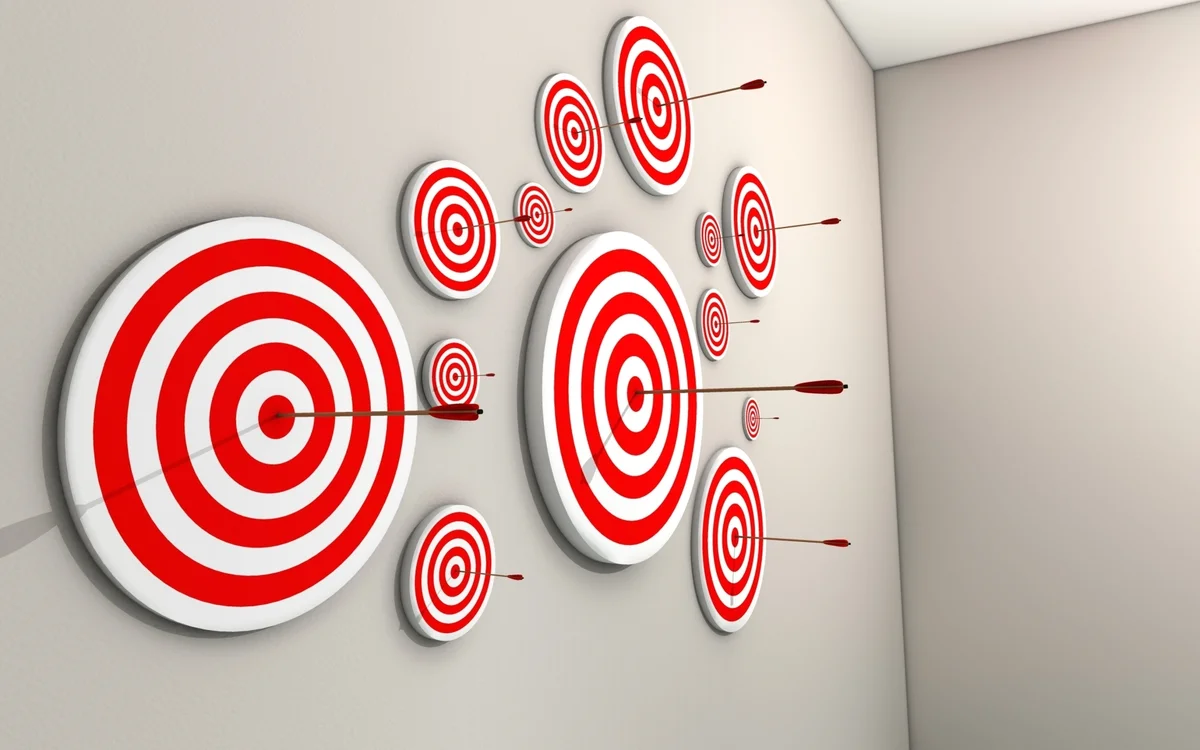
The more mistakes you make in your project, the better. Yes, it's not very pleasant, but this way you will make a product, art, or project - more interesting, more convenient, and more useful.
It’s worth starting with the most important question: “why”?
Why do you paint pictures?
Why do you create projects?
Why do you open a business?
Why do you go to exhibitions?
Why do you talk to a person?
The answer to this question is the most important if you want to gain success.
Based on this response, a strategy is formed. For example, if your goal is self-expression, then the economy is not important to you, but if you want to earn and scale the meanings that you create, then the economy will be in the foreground: the economy of attention and real budgets.
The arts and creative field is an area where good money exists and opportunities for growth. The question is how much you are ready to see your own weaknesses and strengthen them, as well as constantly strengthen what is already strong.
So, the principle of useful errors.
At the target level:
After your goal is defined, you need to understand what is the goal of your client, buyer, user. At this level, mistakes are necessary: you can’t always understand exactly what the client needs, and you also don’t always understand HOW to do it.
Not only the result is important, but also HOW this result is achieved. Each mistake shows exactly what your audience needs. Be careful, commit and make changes. This is the main key to success.

At the product level:
Create prototypes and test demand. If you are an artist, then create a few artworks from the series with a new idea and show them to collectors. If you're creating a large project, then a critical mistake is to put all your efforts and resources into launching and only then ask the audience: “how do you like it?”.
Release in stages and constantly get feedback, you will see …